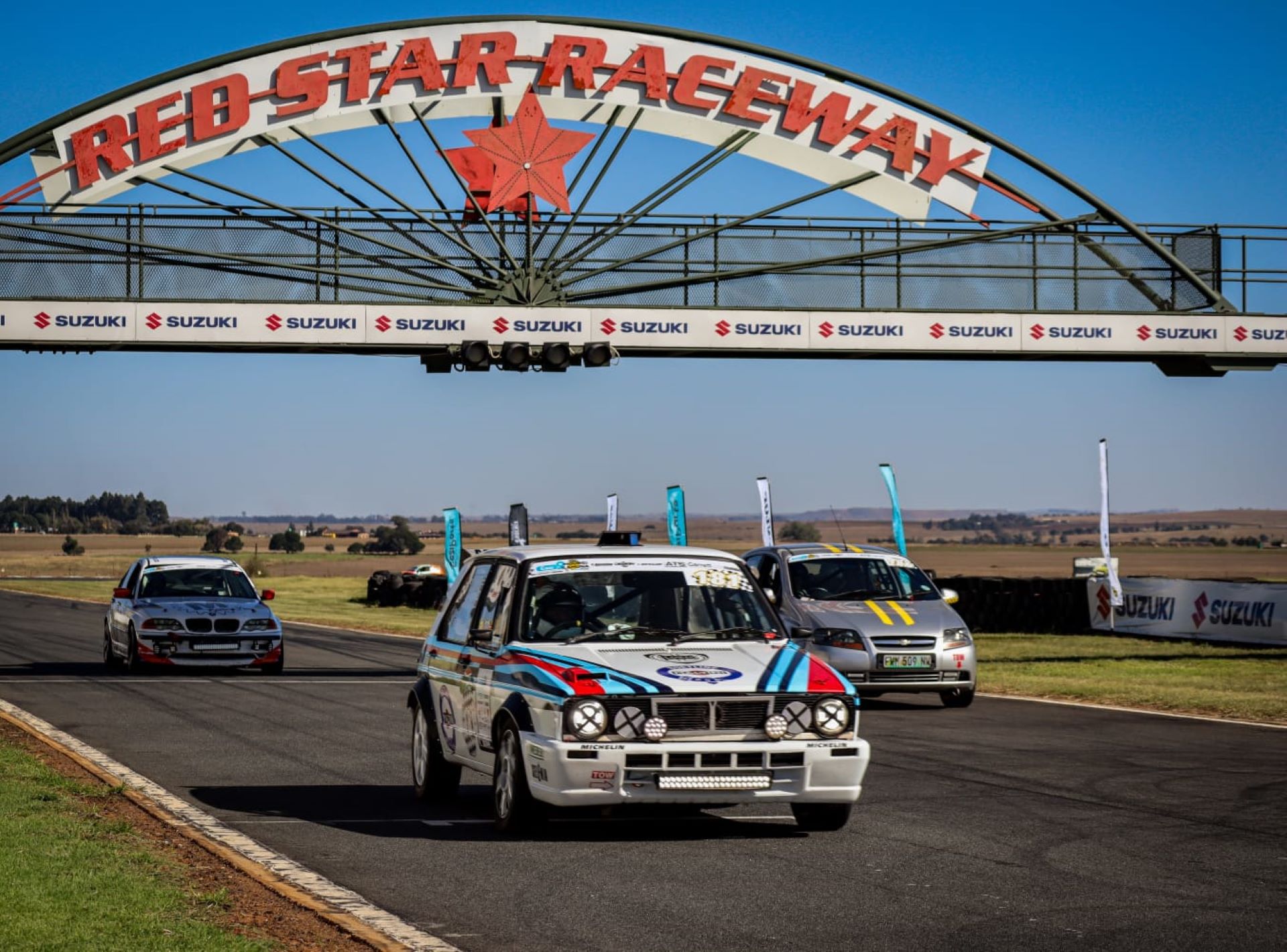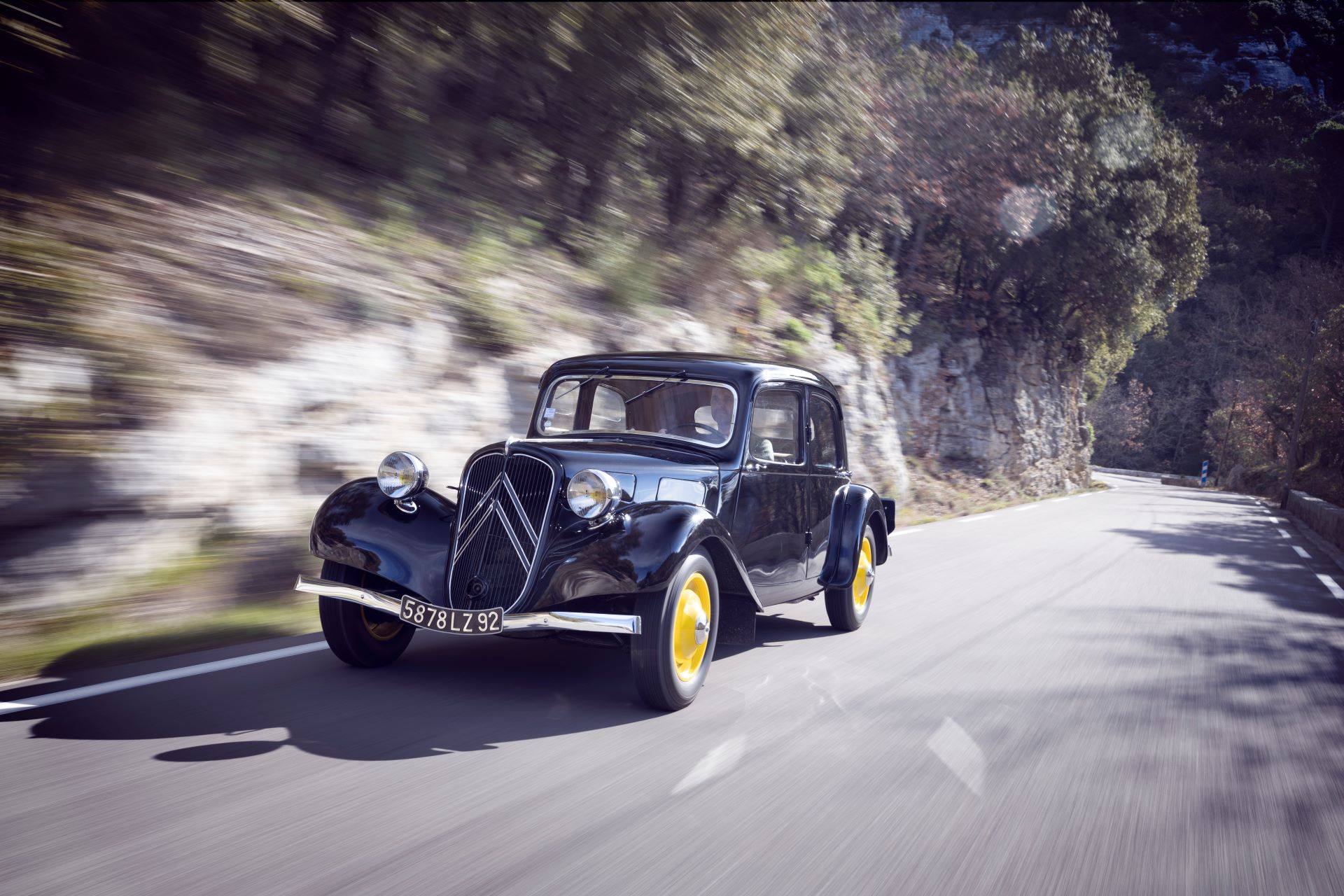Renault and Renault Sport F1 would like to offer their congratulations to partners Red Bull Racing and Sebastian Vettel following the conclusion of the drivers’ title race at the Japanese Grand Prix.
The latest title is the second consecutive drivers’ championship crown for Vettel and comes after a long, but competitive season, during which the Red Bull-Renault partnership has, so far, scored 15 pole positions and nine wins thanks to wickedly effective and reliable chassis-engine package.
The Red Bull Racing-Renault partnership started in 2007 when the RS27, Renault’s 2.4 litre V8 developed in Viry-Châtillon, was integrated into the Red Bull Racing team chassis. The RS27 powered Red Bull to fifth place in the constructors’ championship in the first year of the partnership.
With two years of collaboration under its belt the Red Bull-Renault package started to pay dividends in 2009 with a debut pole position at the Chinese Grand Prix. Red Bull Racing’s first win also followed, with Sebastian Vettel securing the victory in dominant style. Five further wins and pole positions would follow that year, and Red Bull Racing-Renault finished second in the constructors’ championship.
The die was cast for 2010 and Red Bull Racing-Renault duly delivered on its 2009 promise: pole position at the first race and a victory at the third race of the season in Malaysia. It was to go down to the wire however despite nine wins and 15 poles scored that season. The constructors’ championship was secured at the penultimate race in Brazil but Sebastian Vettel had to wait until Abu Dhabi to be crowned drivers’ world champion.
Carlos Ghosn, CEO of Renault, commented, ‘We would like to extend our warmest congratulations to Sebastian Vettel and all at Red Bull Racing. The partnership between Renault and Red Bull has grown very quickly into one of the most successful engine-chassis partnerships in Formula One and in Renault’s long history in the sport.’
From track to road : F1 expertise translated to road car development
Renault entered F1 in 1977 and quickly developed trackside expertise that was to distinguish it from other road car manufacturers. Renault’s long-term commitment to the pinnacle of motorsport allowed the brand to test new technologies in extreme conditions before introducing to its road car lines. The continuous improvement of energy efficient engines is a great example of the transfer of technology from track to road.
With the introduction of new engine regulations in 2014, the stipulations for F1 cars will become even closer to those required for road cars, with a limitation on the rate of fuel consumption amongst the new rules.
More recently, Renault has incorporated its F1 technical expertise into the development of the Energy engine series. Philippe Coblence and Jean-Philippe Mercier, who were key players in the success of the championship-winning Renault V10s, took responsibility for research and development of the Energy dCi 130 and Energy TCe 115 engines. Drawing on their trackside experience, the pair took the concept of downsizing much further, with the Energy engines incorporating a 25% reduction in fuel consumption compared to current engines; innovations that had not previously been seen in road car engines.
These engines will be progressively introduced to the Mégane range from spring 2011.


